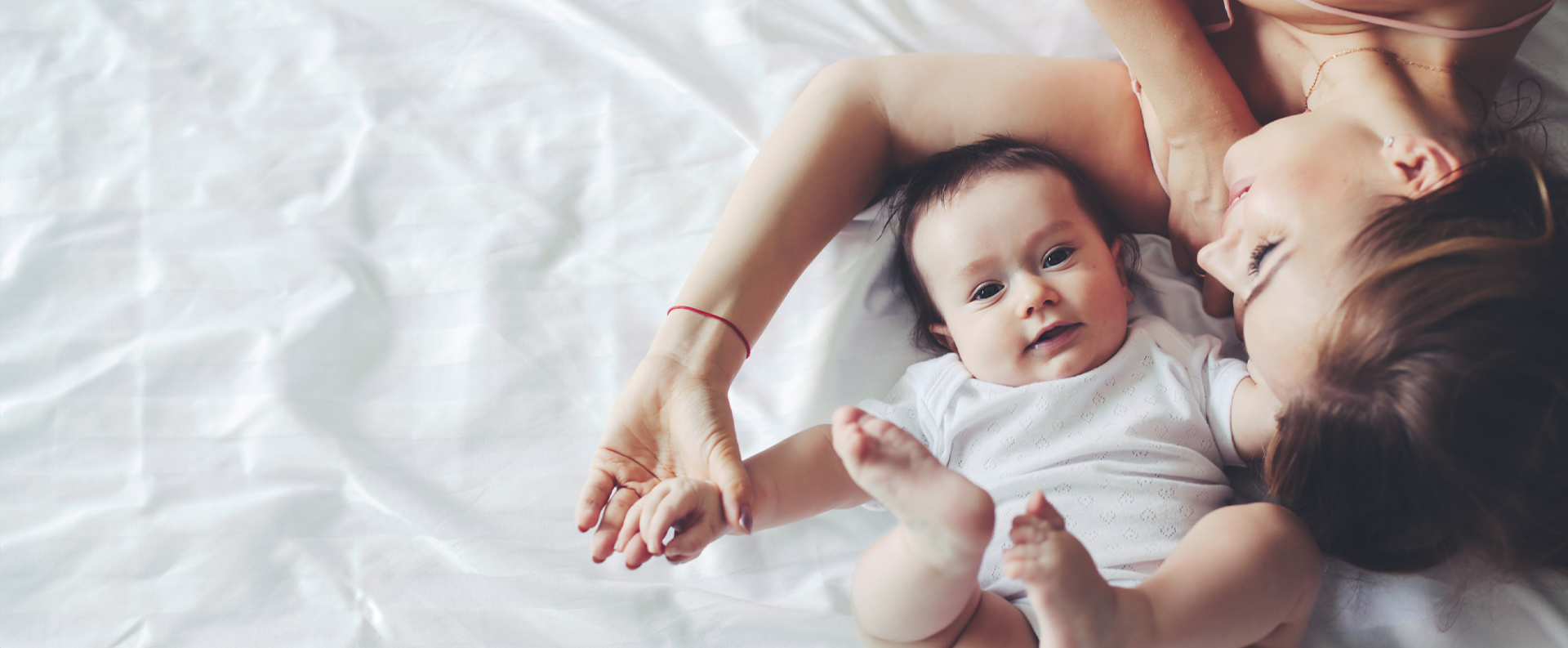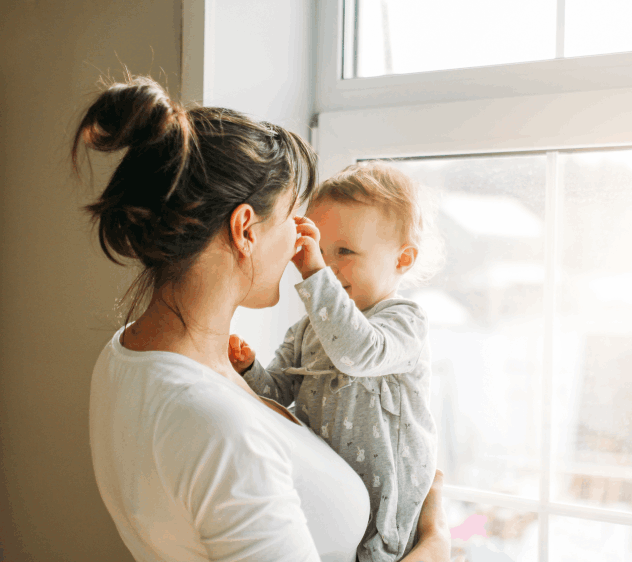Our Purpose
Making Miracles Group Home helps young mothers break the repeating cycles of poor choices while learning the skills to build a life for themselves and their children. To teach the values and skills necessary for a successful life filled with caring, contribution, and commitment.
We empower each young mother at our home with:
- The vision to see opportunity within adversity
- The value of setting goals
- The courage to succeed
- The value of accepting obstacles as challenges and not barriers
What We Do
Since 2010, Making Miracles has helped women create a better life in Christ. Making Miracles Group Home is a one-year, live-in program designed to support young mothers and teach them how to live independently and care for themselves and their children.
We help young mothers break the cycle of abusive relationships, early motherhood, drugs and alcohol, and incarceration— a repeating cycle of bad choices in which women often find themselves because they simply cannot discern a “door in the wall” for an exit.
Today’s youth are on the threshold of unprecedented risk. The future of our country depends on the condition of our children. It also depends on the quality and strength of their families.
Many children in our country are deprived of support. They are deprived of life skills and proper guidance from their families.
Making Miracles Group Home is dedicated to helping young women reach their greatest potential. Our emphasis is on providing quality care and love.
We provide an opportunity to experience a stable foundation empowering women to build wholesome and healthy lives.
Our goal is that at the end of one year, each young mother is financially able to support her children, pay for a deposit on new living arrangements, and move out of the home to begin a new life.
Invite our Founder to Present at Your Event
Debra’s story is a powerful example that God can and will work in the lives of all who seek Him. Invite Debra to speak at your next event to inspire people to live a life after God’s heart and support His work in the community.



